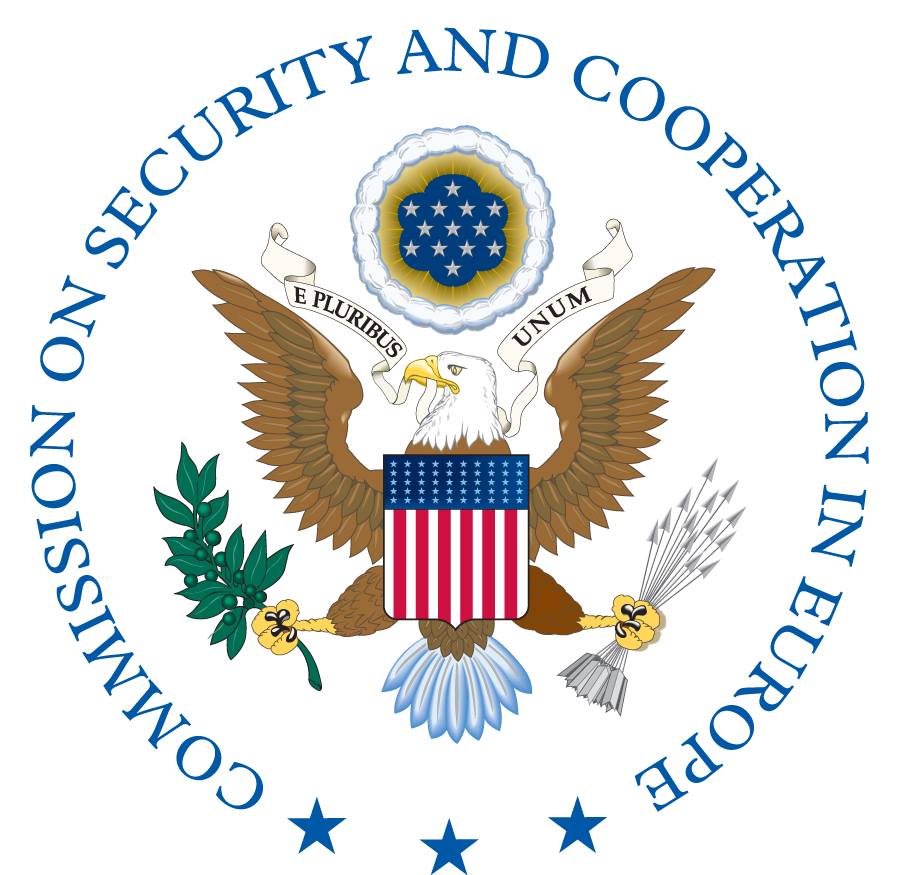This hearing addressed Soviet nationalism and the Baltic States’ argument for self-determination. The April attack by armed troops on peaceful demonstrations in Georgia was provided as an example of how dangerous official Soviet reaction to popular protests can be. The need for the Kremlin to learn tolerant methods of dealing with dissent was emphasized.
Witnesses testifying at this hearing addressed the changes occurring in the U.S.S.R and called for a set of criteria by which Soviet progress or lack thereof could be assessed. The impact of these changes on the human rights arena, including the right to due process, was also a topic of discussion.







